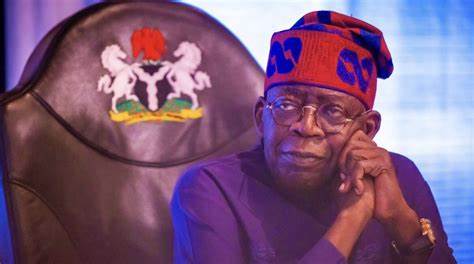President Bola Ahmed Tinubu’s government has renewed its commitment to resolving Nigeria’s massive electricity sector debt crisis, promising to settle ₦2 trillion owed to power generation companies before the end of September 2025.
The pledge was delivered by Eriye Onagoruwa, spokesperson for the Special Adviser to the President on Energy, during Monday’s second Nigerian Electricity Supply Industry Stakeholders Meeting of 2025, organized by the Nigerian Electricity Regulatory Commission in Abuja.
Onagoruwa acknowledged the severe impact of the debt burden on Generation Companies, emphasizing that the presidency recognizes how the financial strain has compromised electricity supply nationwide and threatens the stability of the entire power sector. The accumulated debt has pushed several GenCos to the brink of operational collapse, creating a potential domino effect that could cripple Nigeria’s already fragile electricity infrastructure.
“We are empathetic to what GenCos are facing,” Onagoruwa stated during the stakeholder meeting. “We are exploring alternative debt instruments, and I can confirm that both the Coordinating Minister of the Economy and the Debt Management Office are aligned with this effort. Internal approvals are currently underway.”
The government’s commitment comes amid mounting pressure from power generation companies, who in April 2025 threatened to shut down Nigeria’s entire power sector due to an outstanding ₦4 trillion debt owed to market operators. This threat underscored the critical nature of the financial crisis facing the electricity industry and the urgent need for government intervention.
The debt situation has been further complicated by the administration’s fiscal constraints, prompting officials to explore innovative financing mechanisms rather than relying solely on traditional budget allocations. The involvement of both the Coordinating Minister of the Economy and the Debt Management Office signals a coordinated approach to addressing the crisis through structured debt instruments.
Power Minister Adebayo Adelabu had previously committed to settling 50 percent of the total ₦4 trillion debt by the end of 2025, though the current announcement appears to focus specifically on the ₦2 trillion portion owed to generation companies. The distinction suggests a phased approach to debt resolution, prioritizing the most critical components of the power value chain.
Industry stakeholders have consistently warned that failure to address the debt crisis could trigger a complete collapse of Nigeria’s power sector, which would have devastating consequences for the country’s economy and millions of citizens who already endure frequent power outages. The warnings have intensified as some generation companies have reduced their output or threatened complete shutdowns due to their inability to procure necessary gas supplies and maintain equipment.
Nigeria’s power sector has struggled with systemic challenges since its privatization over a decade ago. Despite the transition from government ownership to private management, the industry continues to grapple with inconsistent power supply, widespread infrastructure vandalism, inadequate investment, insufficient grid capacity, frequent system failures, and significant gaps in electricity access across the country.
The debt overhang represents one of the most persistent obstacles to improving Nigeria’s electricity supply, as it prevents generation companies from operating at full capacity and discourages new investments in the sector. Resolution of these financial obligations is widely viewed as essential for unlocking the sector’s potential and ensuring stable power supply for Nigeria’s growing population and economy.
The Tinubu administration’s latest commitment will be closely monitored by industry stakeholders, investors, and consumers who have witnessed previous promises to resolve the power sector’s financial challenges without significant progress. Success in meeting the September 2025 deadline could provide a foundation for broader reforms and improvements in Nigeria’s electricity supply.



















